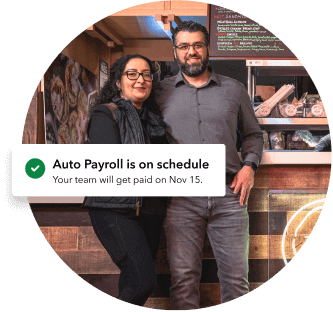Discover how to choose the best payroll provider for your small business. Learn the key questions to ask when selecting a payroll service, as well as important features to look for.
Using an efficient and accurate payroll system is a vital part of running your small business. From setting up multiple pay schedules and frequencies to letting the system calculate all the tax rates and deductions, look for payroll software that will help you run your business smoothly.




